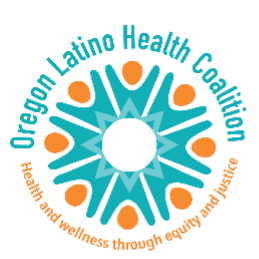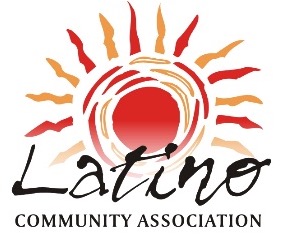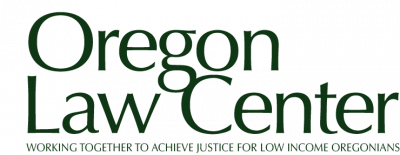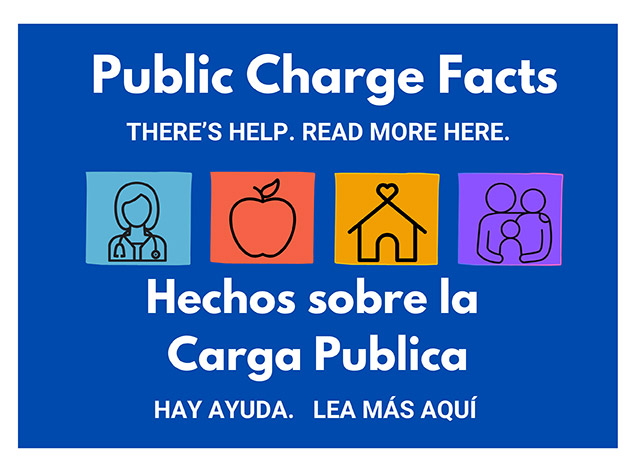Community Fact Sheet: Public Charge
Updated March 11, 2025
Some people worry that using public benefits could hurt their chance to get a green card. Knowing the facts about public charge can help people feel safe to get the public assistance they need and have a right to. The federal rules that make most public benefits safe for immigrants are still in place. Check https://pifcoalition.org/pc for updated information, and remember the facts about public charge:
Most people do not have to worry about Public Charge at all
Public charge does not apply to everyone. Only people applying for a green card (to become a lawful permanent resident or LPR) or who seek to enter the US from outside the country may need to answer public charge questions in their application.
People with the following immigration statuses do not have to worry about the public charge test:
- Asylees, Refugees, U or T visa applicants and holders (victims of crimes or human trafficking)
- VAWA self-petitioners (Violence Against Women Act)
- People seeking or granted SIJS (Special Immigration Juvenile Status)
- People naturalizing to become US citizens
- People renewing their green card (LPR status)
- DACA, TPS, or DED initial applications and renewals.
Most Government Programs do not count
Only three public benefits are considered in a public charge test:
- Monthly cash support from Temporary Assistance to Needy Families (TANF) or other state or local cash assistance programs.
- Supplemental Security Income (SSI).
- Care in a Nursing Home or Mental Health Institution paid for by the Government.
All the other public benefits are safe! Getting public assistance to help with food, medical care, housing, education and more, is safe for immigrants.
You are safe if you are getting or applying for:
- Oregon health plan benefits for kids and adults (including Healthier Oregon, Cover all kids), Medicare, reproductive health care, health care subsidies, emergency care, charity care, Medicare, and more
- Food benefits, SNAP food stamps, food banks, food boxes, school lunches, WIC nutrition program, Summer EBT, and more
- Rent assistance, Section 8, Public housing, disaster or emergency benefits, and more
- Social security retirement, tax credits, veterans’ benefits, non-cash assistance, child care subsidies, Head Start, and more
Remember that public benefits received by an immigrant’s kids, family members, or household members do not count in the immigrant’s public charge test.
Public Charge is not just about government services
Immigration officials look at more than an immigrant’s past use of public benefits in the public charge test. Sometimes positive factors like health, employment, current finances, and an immigrant’s affidavit of support outweigh past use of public benefits.
Have questions? You’re not alone. There’s help.
-
-
-
- Call the Oregon Law Center and Legal Aid Services of Oregon Public Benefits Hotline at 1-800-520-5292.
-
-
-
-
-
- Stay informed and up to date by visiting https://pifcoalition.org/pc.
-
-
-
-
-
- Search the National Immigration Legal Services Directory for free or low-cost legal services.
-
-
-
-
-
- Search for a private immigration lawyer in your area.
-
-
-
-
-
- Some Oregon residents may qualify for free immigration legal services through Equity Corps of Oregon. Learn more and seek assistance at https://equitycorps.org/ or by calling 1-888-274-7292.
-
-
-
-
-
- Find help with other legal issues such as housing, custody, divorce, employment, victim’s rights, and more with Oregon Law Help’s directory of nonprofit legal services or the Oregon State Bar’s Lawyer Referral Servic
-
-








